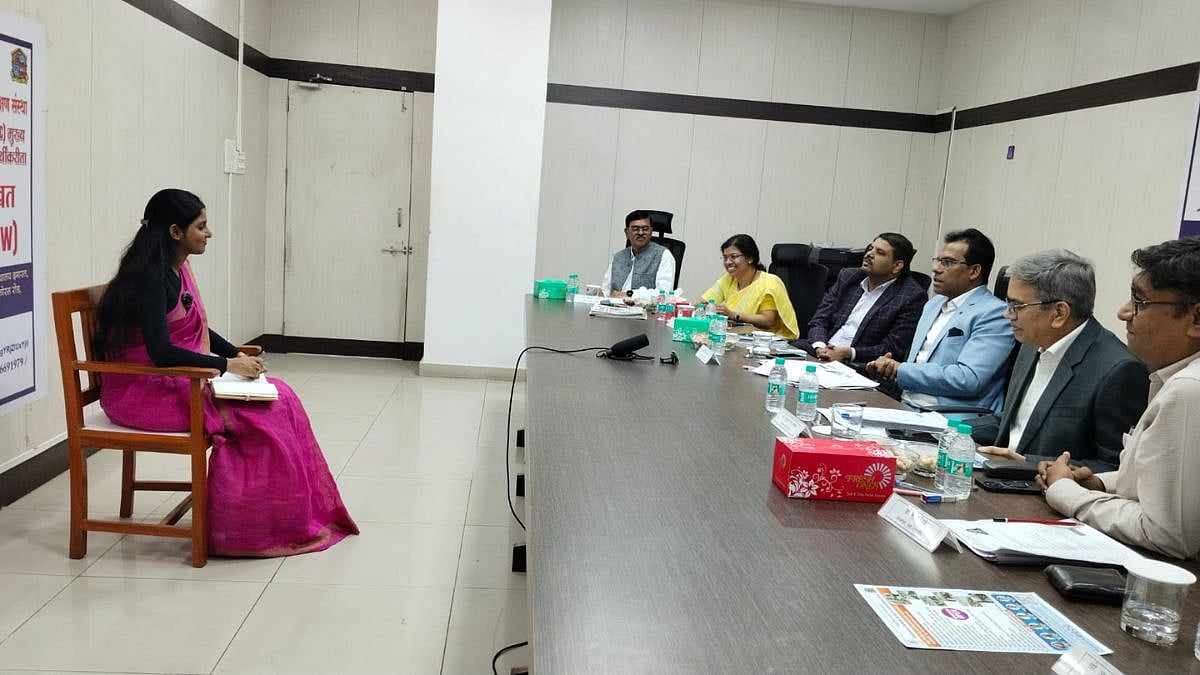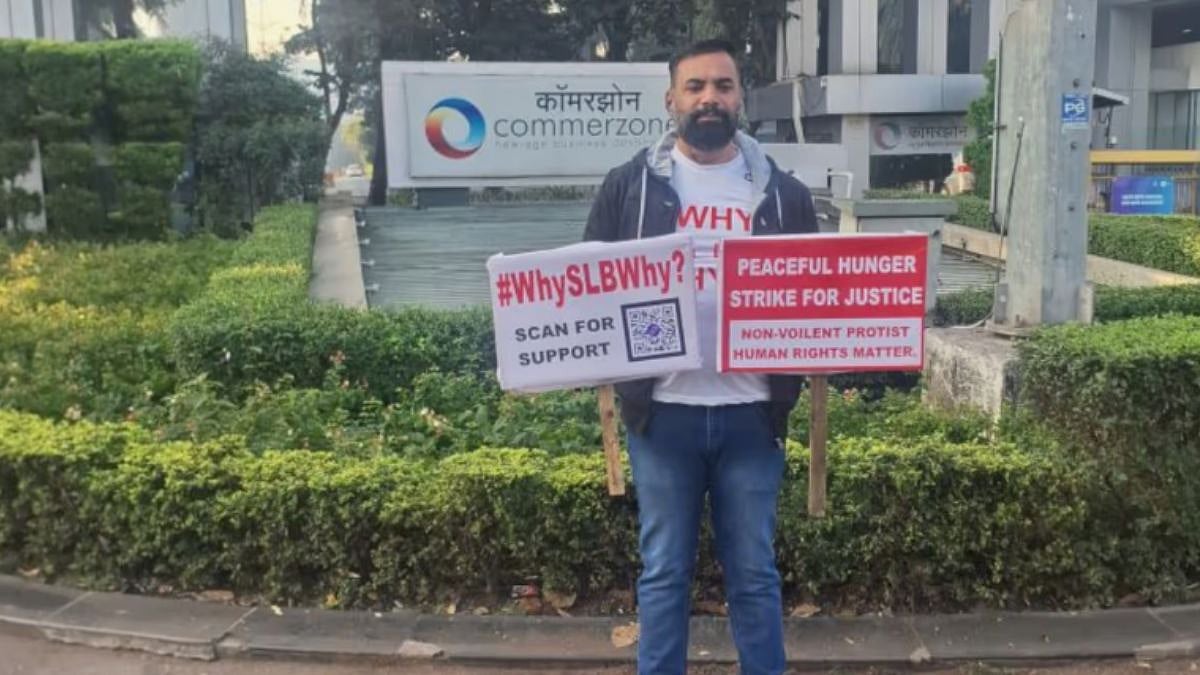Mumbai: Drivers using ride-hailing apps like Ola, Uber, and Rapido have initiated strikes in Mumbai, Pune, and Nagpur to demand improvements in pay and working conditions. The labour action, which began mid-week, has led to approximately 70 per cent of cabs being off the road, creating significant disruption for daily commuters, especially at airports and railway stations where many passengers are stranded.
Commuters are experiencing heightened wait times and increased pricing due to fewer cabs available, with significant disruptions reported during rush hours, especially for school runs and airport pickups.
Following three days of protests, both drivers and commuters anticipate an escalation of actions, as reports indicate plans for a sit-in at Azad Maidan. The striking drivers, organized under various unions, are emphasizing a complete shutdown of app-based cab services to amplify their demands.
Transport Minister Pratap Sarnaik engaged with driver representatives earlier in the week, yet no substantial solutions were presented, leading the drivers to continue their strike.
Mumbai Airport Issues Advisory
The Mumbai airport authorities have cautioned travelers to verify transport options in advance of their journeys. The protestors call for fare parity with traditional taxi services, a ban on bike taxis, limitations on new auto-rickshaw and taxi permits, reduced commission rates imposed by app companies, a fixed base fare for better income stability, the establishment of a welfare board for app drivers, and the implementation of a Maharashtra Gig Workers’ Act. The drivers assert that their earnings have plummeted due to high commission rates and rising fuel prices.

What Are Drivers' Demand?
Drivers are raising concerns about exploitation from cab aggregators, demanding fare parity with traditional taxis at Rs 32 per kilometre and a ban on bike taxis for safety and competition. They seek permit caps on traditional taxis and auto-rickshaws to combat market saturation.
A welfare board for gig workers is essential for ensuring social security, alongside the introduction of a 'Maharashtra Gig Workers’ Act' to protect app-based service providers. Meanwhile, Uber encourages drivers to operate amidst high rider demand while prioritising their safety during ongoing protests, reflecting drivers’ commitment to fair earnings and dignity.







